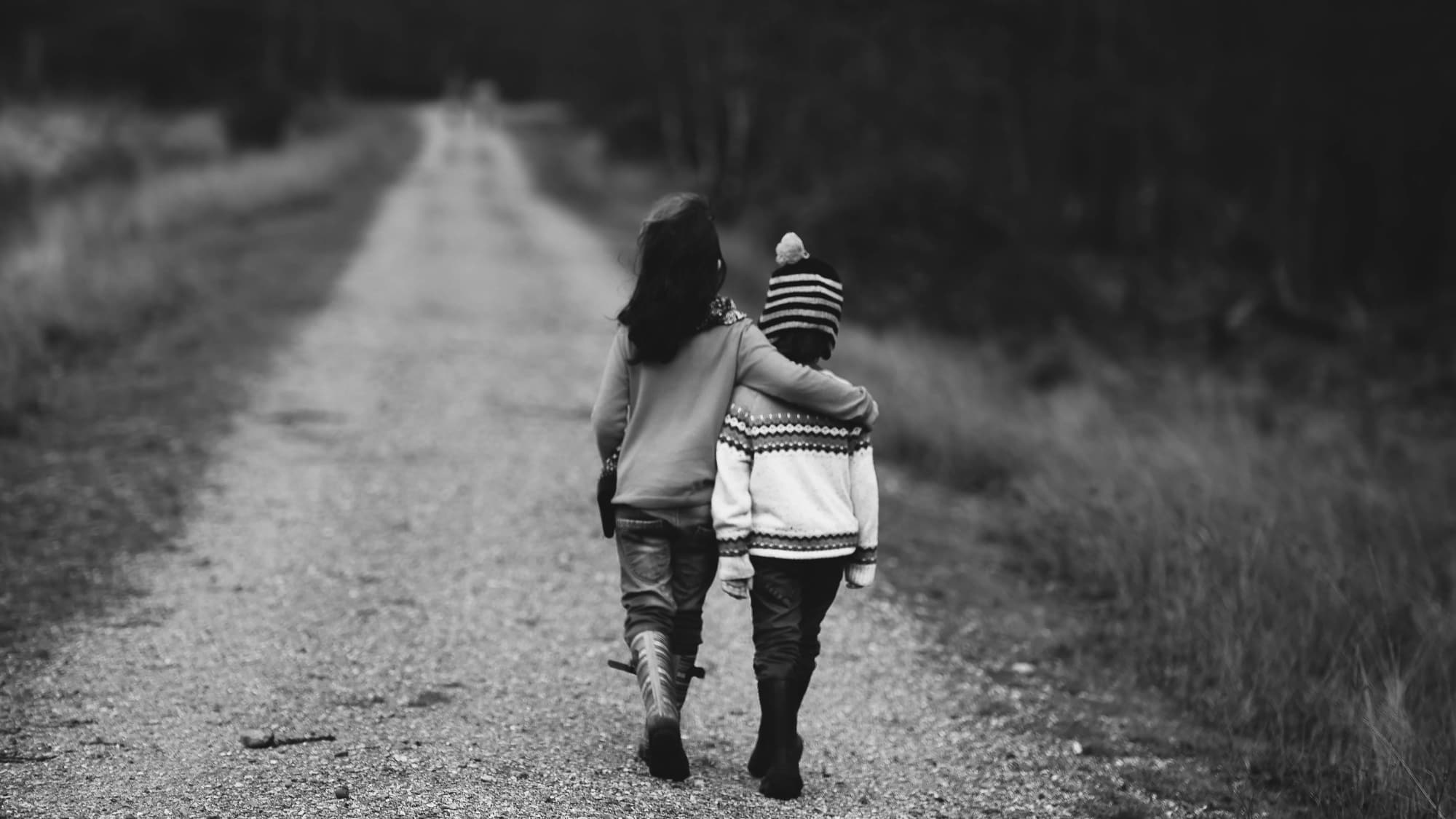Many of us think of adoption as a one-sided transaction. The parents choose to adopt their children in order to make them part of their family. This is the case with infants and small children. On the other hand, there are many adoptions (especially of children who come through the foster care system) that require the assent of the child, tacitly or otherwise, to the adoption.
The struggle over attachment is a child’s way of making a decision as to whether or not he or she will allow the adoption to be successful. Even the most placid of children will sometimes challenge the authority of the adult to prove whether they want to be adopted or not. A more strong-willed or rebellious child may seek to disrupt the adoption as a way of rejecting both their birth parents and adoptive parents.
This leads to a “blame game” in the child’s mind as to who was responsible for their adoption. Were they the ones to blame for their birth parents’ “rejection” and their subsequent adoption? As they get older, the child wonders whether the birth parents were at fault for their being adopted. Children in foster care are often placed in multiple homes, sometimes breaking up sibling groups, which may lead to different adoptions for different siblings.
Children, as they mature, also learn to compare themselves to other children. This may lead them to ask the question, “Why wasn’t I born into a family where the parents loved and wanted me?” Multiple doubts may arise from this question. Children who have grown up in dysfunctional families or in orphanages also learn “survival of the fittest,” and have experienced bullying. What does this teach them about responsibility and self-worth? Older children have to stop parenting other children around them (especially siblings) and allow the adoptive parents to perform their role.
What this means is that the adoptive parent needs to be alert to the need of each adopted child to express his concern over the adoption. Once the child no longer expresses insecurity, one can be assured that they have “approved” the adoption, and are willing to work toward making the family better. The parent needs to realize that they are not the only one who needs to love and give love, but that the adopted child also has the same needs.
Have you run into an experience like this in your adoption? Please leave a comment to this blog.


 Marcellus George and his loving wife are the adoptive parents of (now adult) twin sons. He is the author of numerous articles and devotions, has a Ph.D. in theology...
Marcellus George and his loving wife are the adoptive parents of (now adult) twin sons. He is the author of numerous articles and devotions, has a Ph.D. in theology...
0 Comments